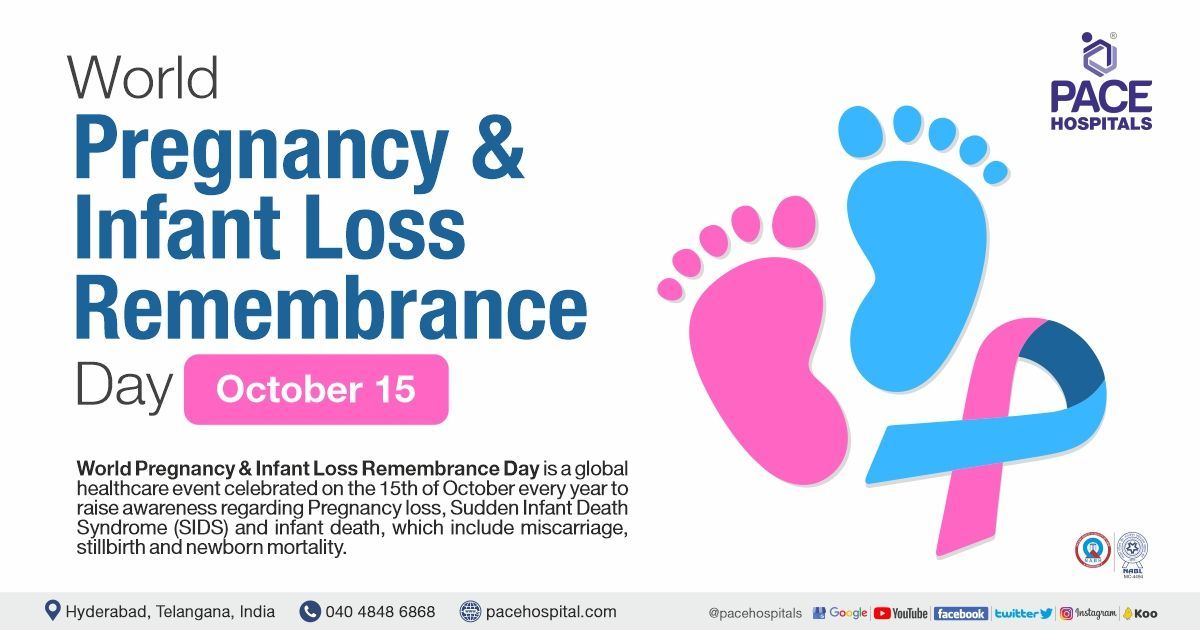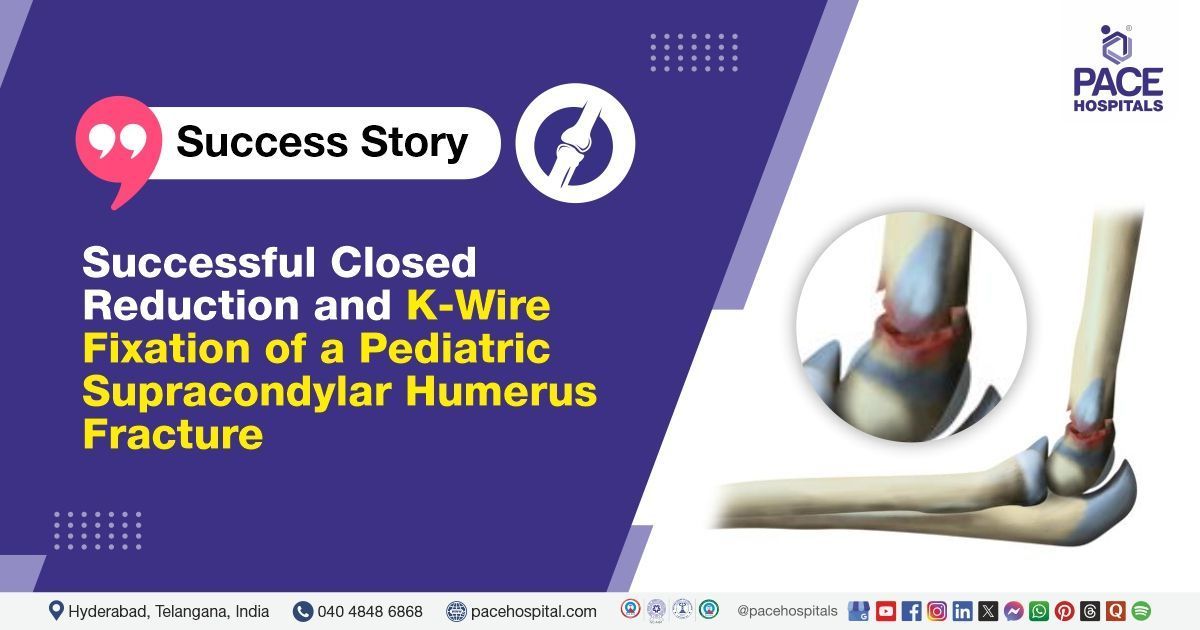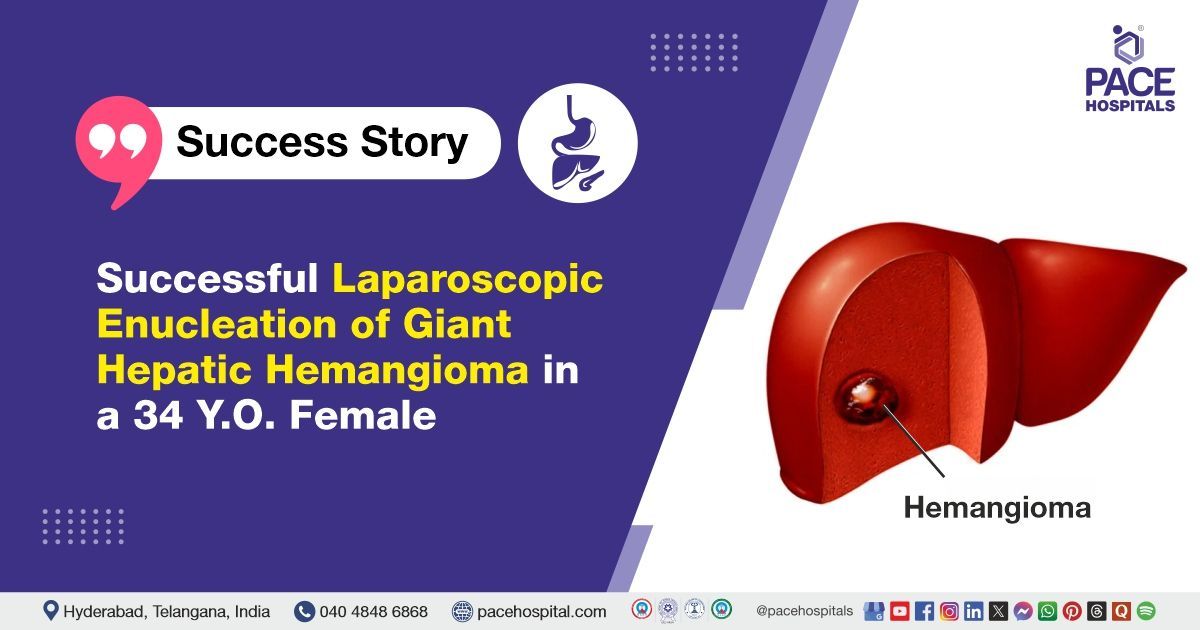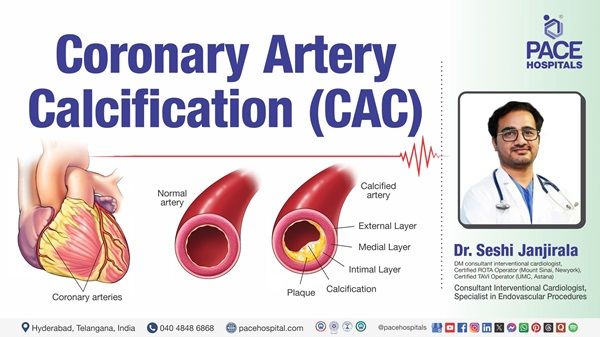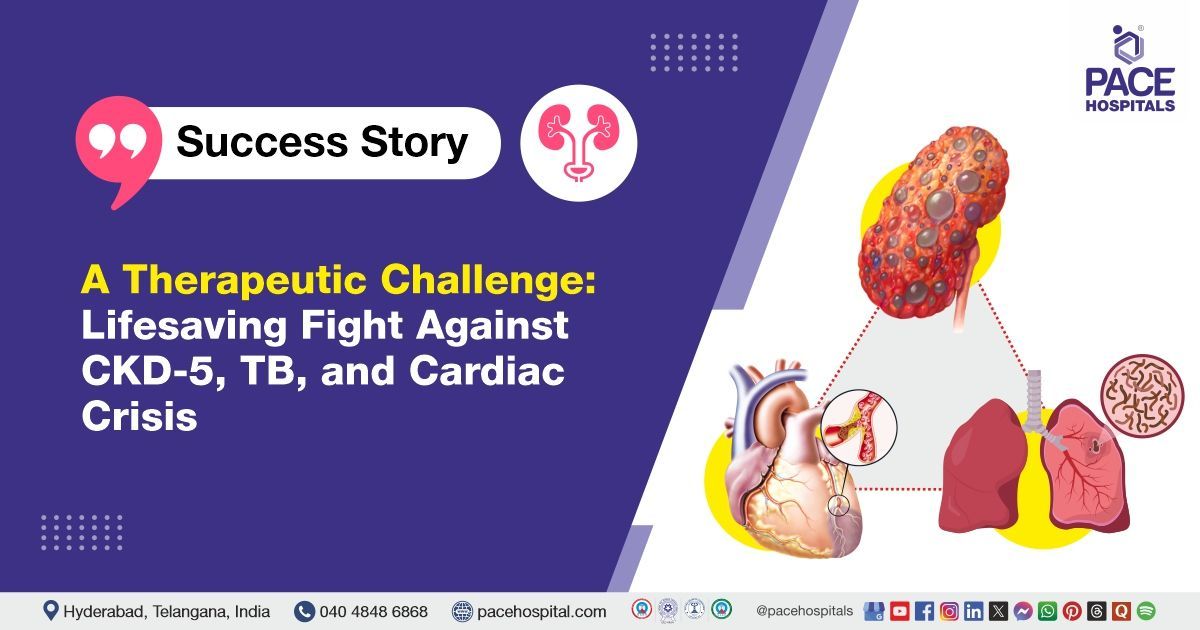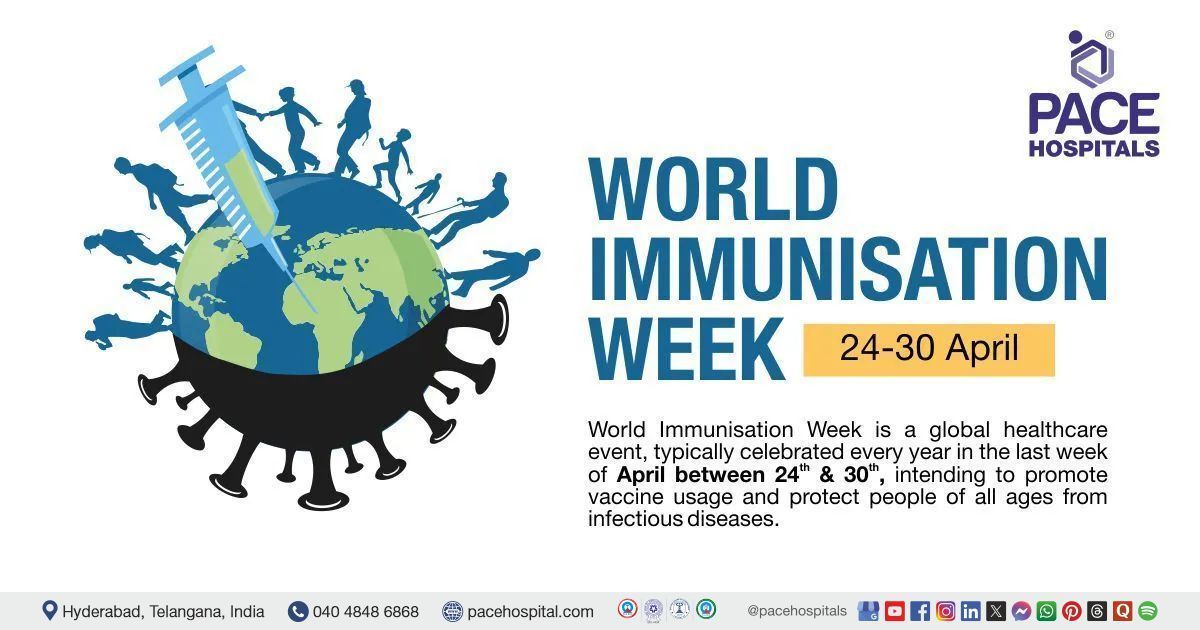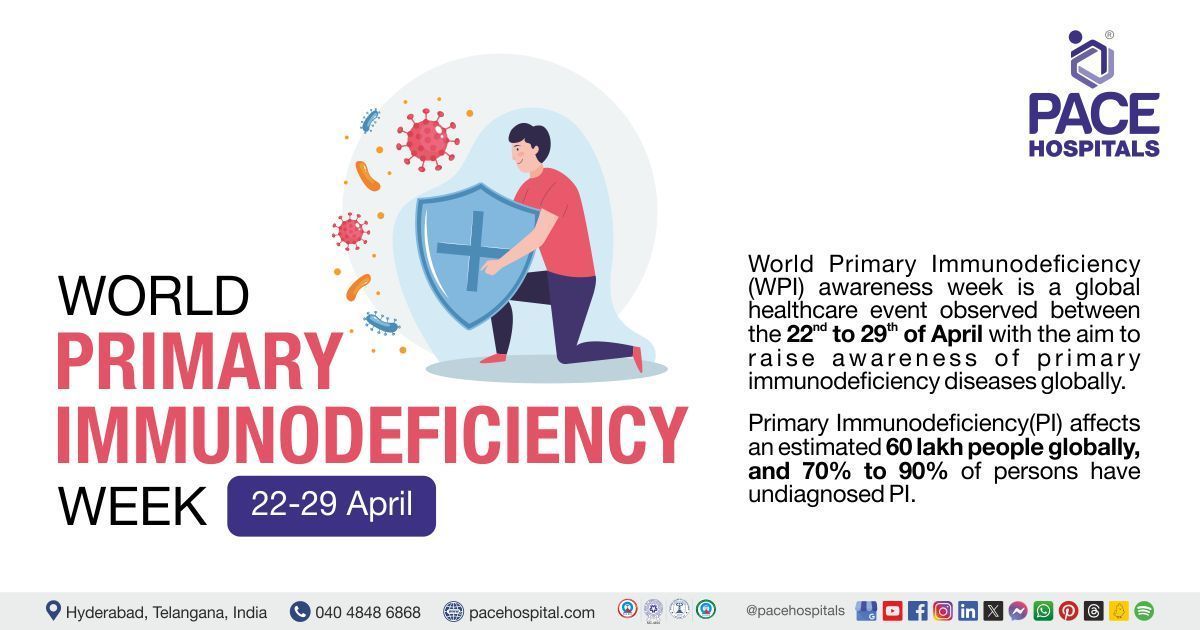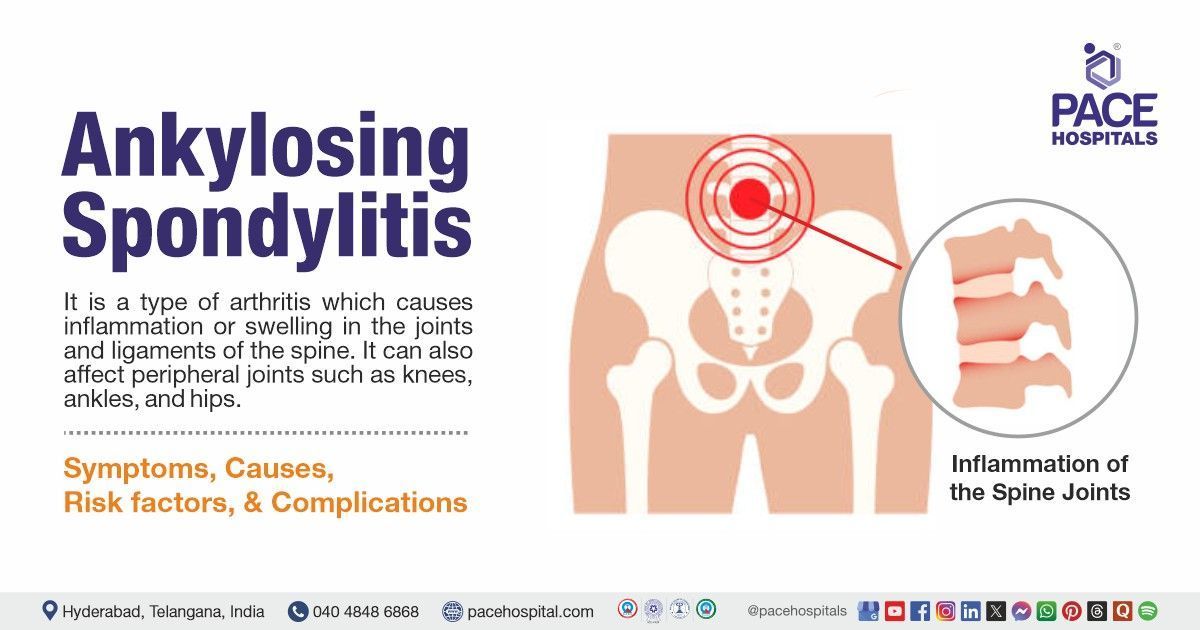World Pregnancy & Infant Loss Remembrance Day 15 Oct 2023 - Importance & History
World Pregnancy & Infant Loss Remembrance Day is a global healthcare event celebrated on the 15th of October every year to raise awareness regarding Pregnancy loss, Sudden Infant Death Syndrome (SIDS) and infant death, which include miscarriage, stillbirth and newborn mortality.
On this day, various local, national and international organisations come together and organise events, educational programs, and various activities to create awareness regarding the long-term knowledge gained that could improve education and preventive efforts, which may aid in decreasing the frequency of unfortunate deaths of infants.
Importance of World Pregnancy & Infant Loss Remembrance Day
Miscarriage is the most prevalent cause of pregnancy loss. Pregnancy loss is defined differently in different countries. Still, a baby who dies before 28 weeks of pregnancy is generally called a miscarriage, while babies who die at or beyond 28 weeks are called stillbirths.
Nearly 20 lakhs babies are stillborn each year, and many of these deaths are avoidable. However, even in developed countries, miscarriages and stillbirths are not systematically recorded, suggesting that the numbers could be substantially higher.
Miscarriages can occur for various causes, including fetal abnormalities, the mother's age, and infections, many of which are preventable, such as syphilis and malaria; however, pinpointing the particular cause is sometimes difficult.
It is estimated that as many as 26% of all pregnancies end in infant loss, and up to 10% of clinically recognized pregnancies. Furthermore, 80% of early pregnancy loss occurs in the first trimester. After 12 weeks of pregnancy, the risk of miscarriage reduces. Many stillbirths have unclear reasons. Stillbirth occurs in families of all ethnicities, races, and socioeconomic backgrounds and in women of all ages.
Maternal age is a significant determinant of miscarriage risk. The probability of miscarriage before 20 weeks gestation in women aged 20 to 30 is 8.9%. This increase to 74.7% for women over the age of 40.
Prior obstetrical history is another key predictor of early pregnancy loss. The probability of miscarriage in a future pregnancy is around 20% after one miscarriage, 28% after two consecutive miscarriages, and 43% after three or more consecutive miscarriages.
Women have varying levels of access to healthcare services; hospitals and clinics worldwide in many countries are frequently under-resourced and understaffed. As diverse as the experience of losing a baby may be, stigma and guilt emerge as similar themes worldwide. As these first-person tales demonstrate, mothers who lose their kids are made to remain silent about their loss, either because miscarriage and stillbirth are still so common or because they are thought to be unavoidable, so World Pregnancy & Infant Loss Remembrance Day is established to create public awareness of pregnancy loss, and the importance of acknowledging their lives and the impact it has on greater families.
On this day, in honour of Pregnancy and Infant Loss Remembrance Day, around the world people light a candle at 7 p.m. in their own time zones to create a wave of light in memory of babies lost to pregnancy and infant loss.
History of World Pregnancy & Infant Loss Remembrance Day
In 2002, Robyn Bear, Lisa Brown, and Tammy Novak have started the movement by petitioning the federal government to recognize the World Pregnancy & Infant Loss Remembrance Day on October 15. In 2006, on September 28th, the House of Representatives finally approved National Pregnancy and Infant Loss Remembrance Day.
Preventive measures to reduce the risk of Pregnancy & Infant Loss
Taking care of the body is the best thing one can do to maintain healthy lifestyle before and during pregnancy.
Some of the tips to prevent Pregnancy & Infant Loss include:
- Attending all prenatal care appointments
- Maintaining a healthy weight
- Avoiding risk factors for Pregnancy & Infant Loss like drinking alcohol and smoking cigarettes
- Taking a prenatal vitamin
- Getting regular activity and eating a nutritious diet
- Managing stress
Share on
Request an appointment
Fill in the appointment form or call us instantly to book a confirmed appointment with our super specialist at 04048486868

